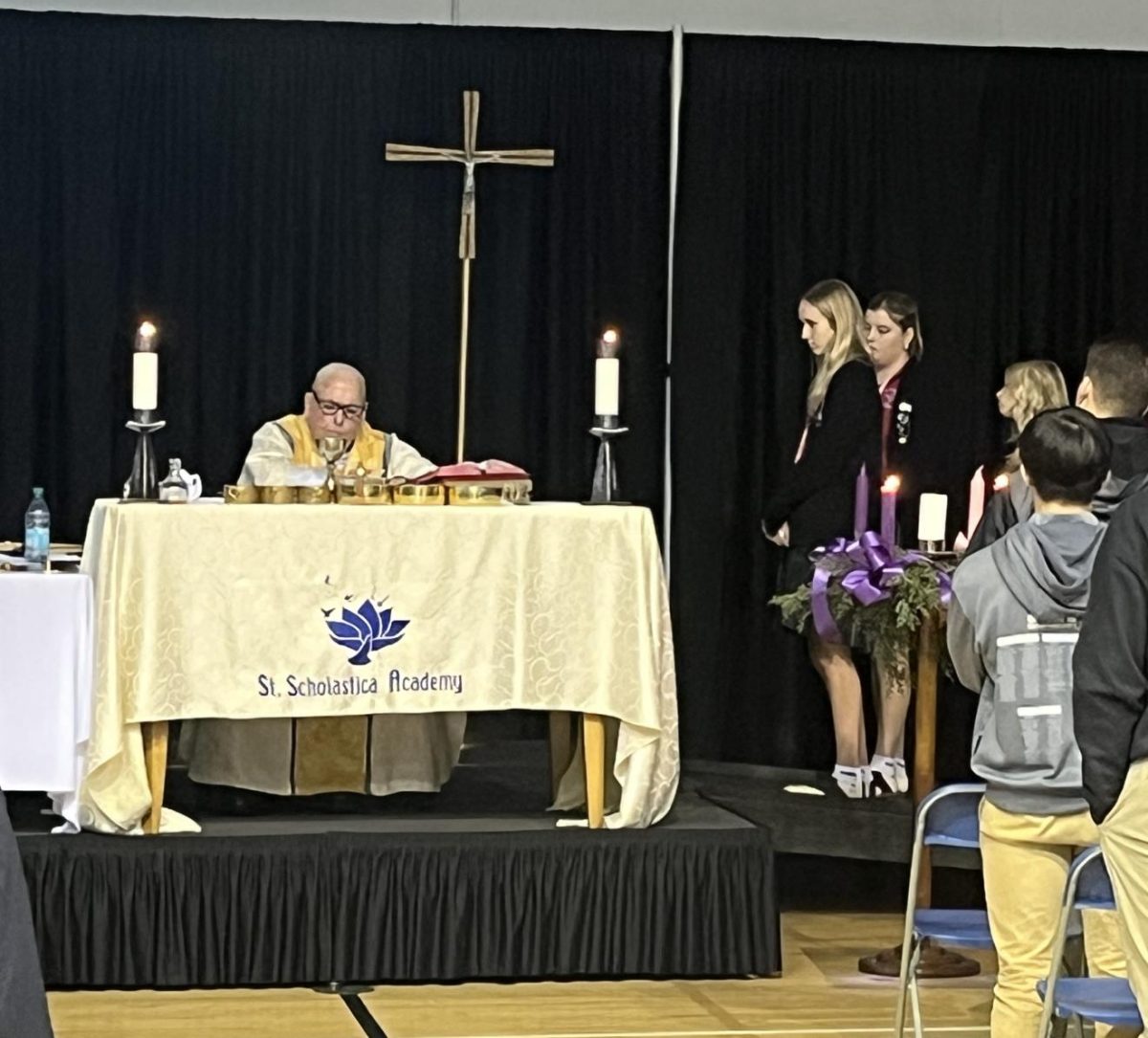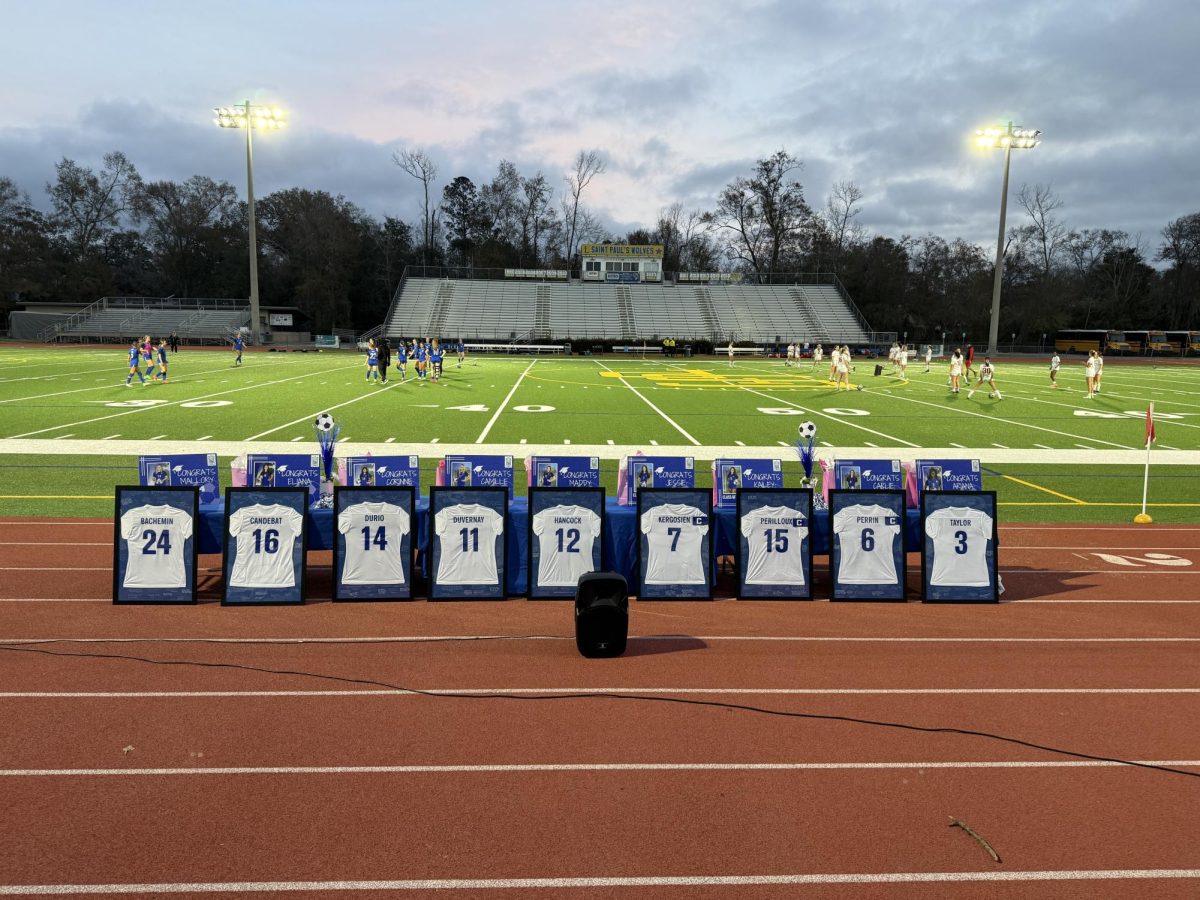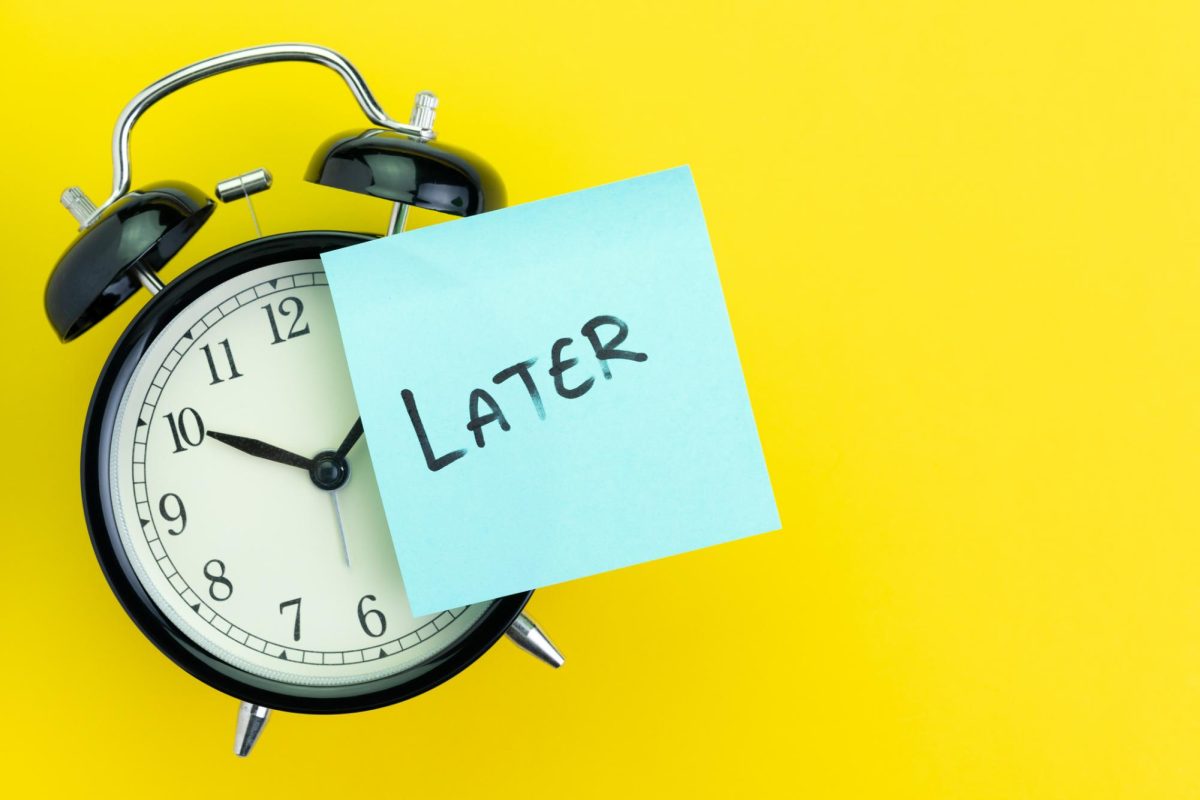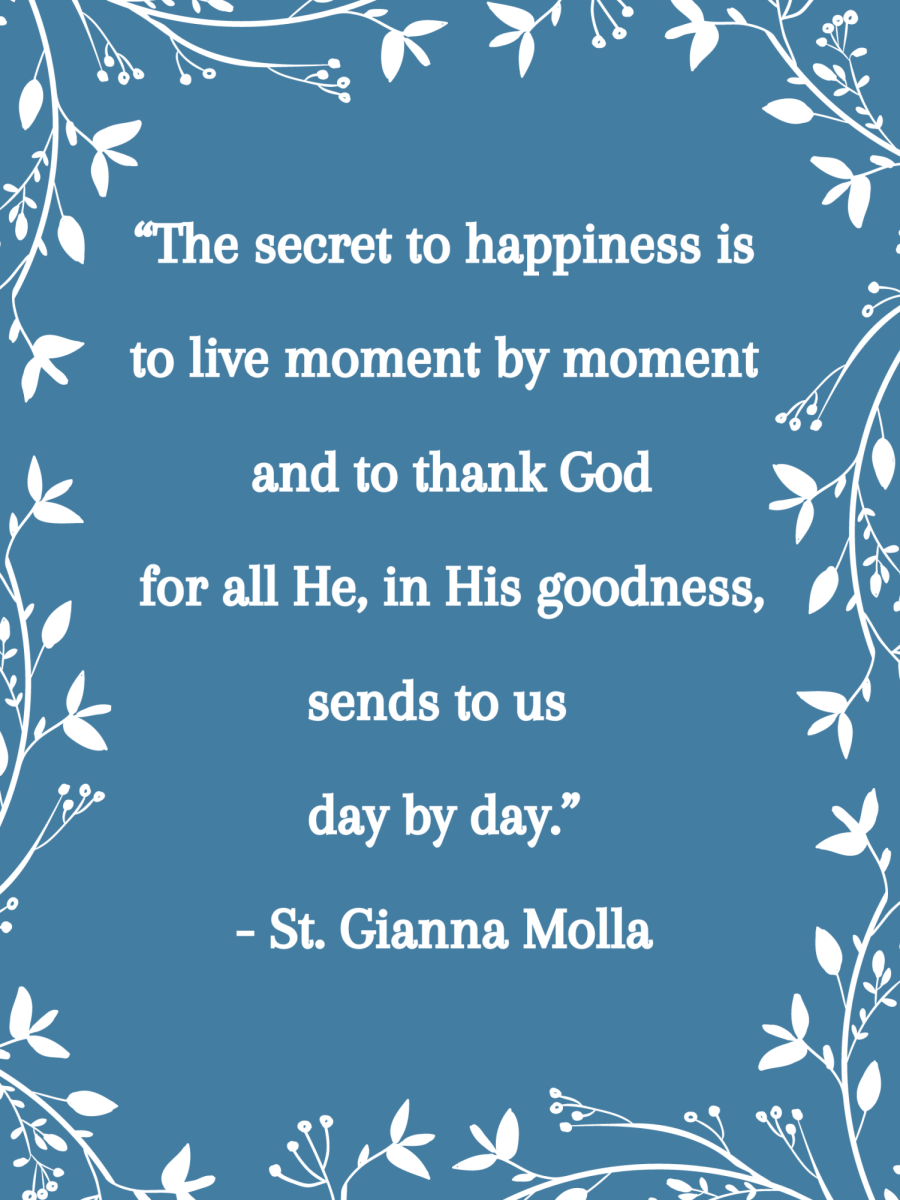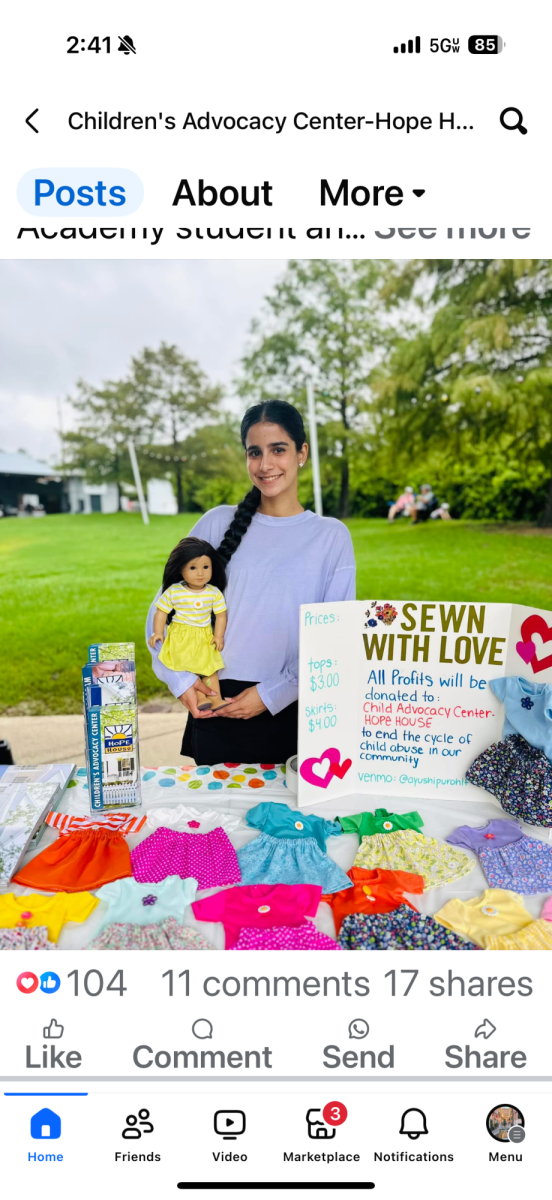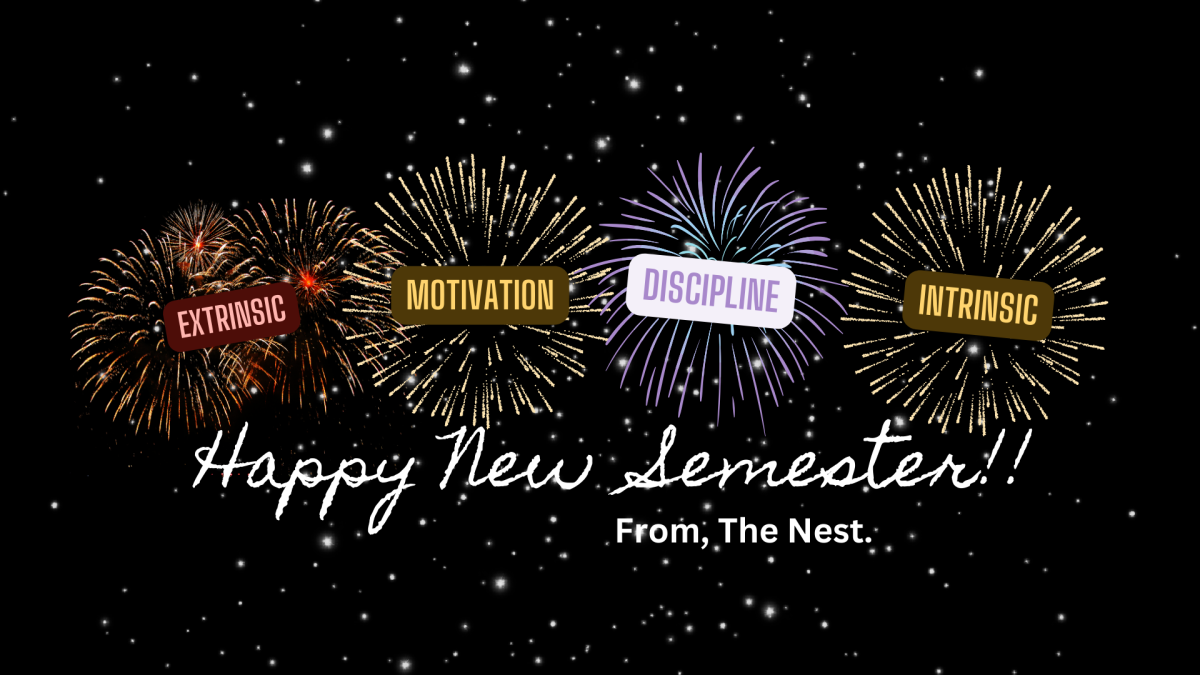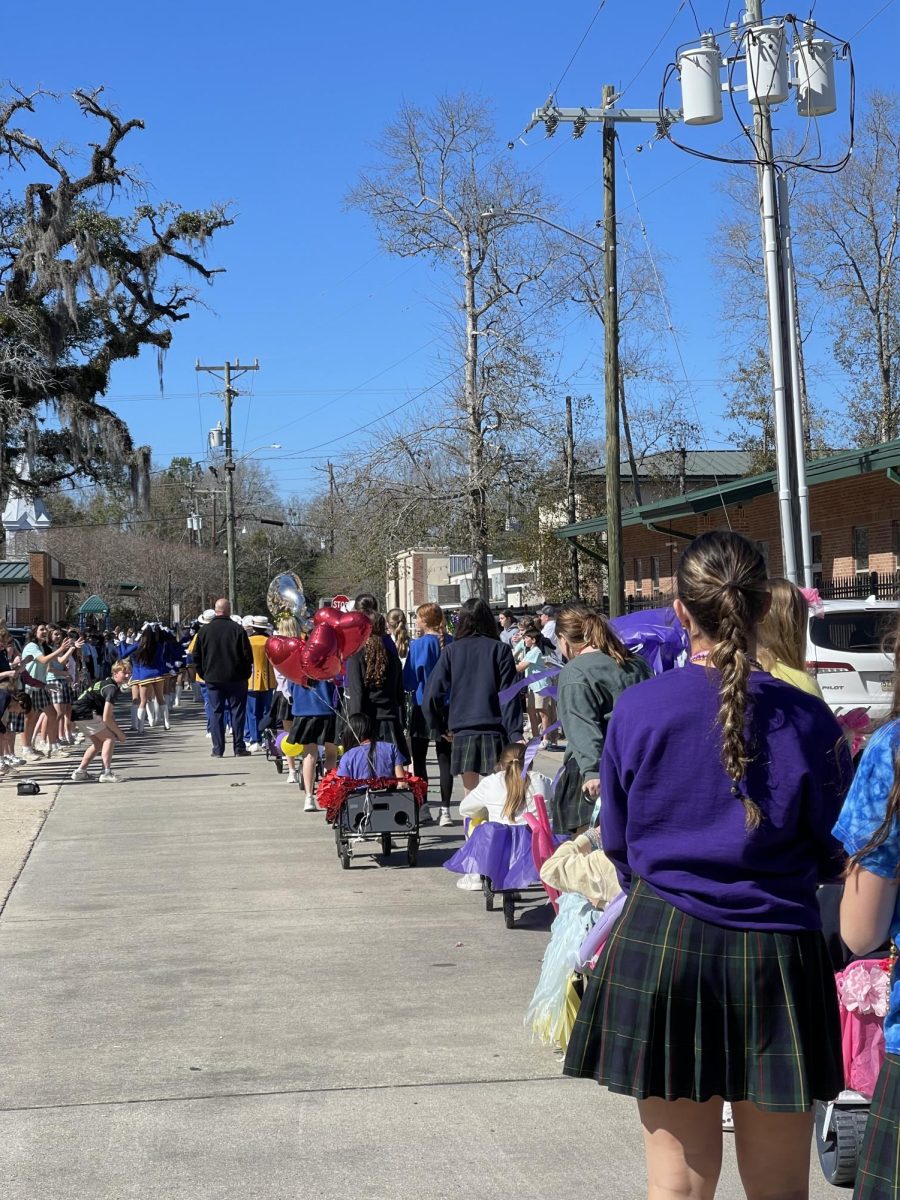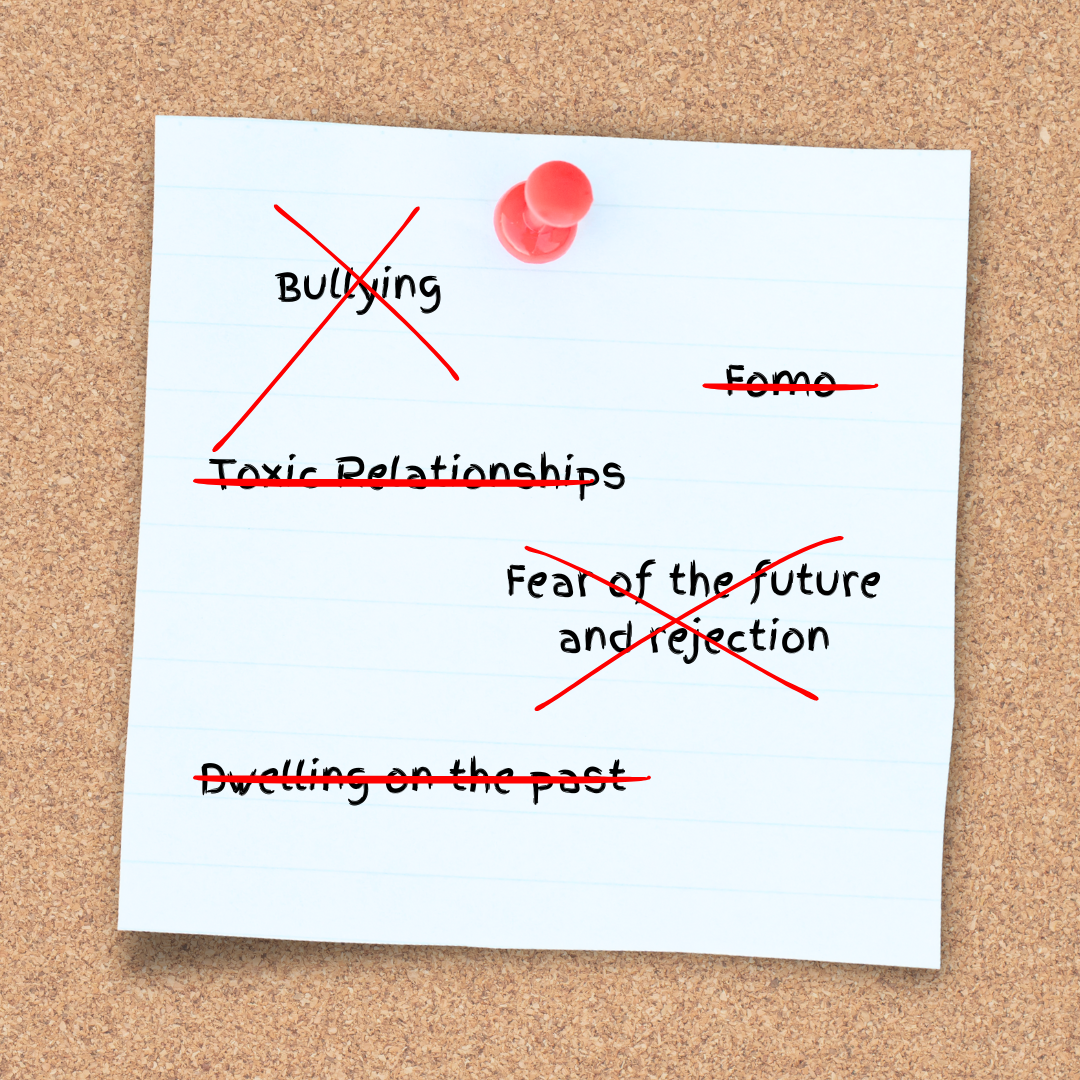As we approach the 2024 presidential election, many of us will be eligible to vote or to register to vote. Most of the change occurring in our government may feel so distant from our control that we can become dissuaded from participating in politics. However, voting is the simplest and most complex act of advocating for yourself and your community. As we progress into adulthood, we find our identity within American politics and realize we may have more power than we think.
Voter turnout is often at its highest for presidential elections. With billion-dollar campaigns, it is hard to ignore the publicity of a presidential election. However, many other local offices such as district attorneys, judges, councilmembers, and chief of police whose campaigns have less notoriety can be much more personally impactful on your day-to-day life. Local elections can also directly affect policy. One of the most notable was the 2020 ballot in Louisiana, including a referendum on the legalization of abortion.
To learn what is on the ballot in Louisiana and what may be on the local ballot for you, visit:
https://www.vote411.org/ballot
https://ballotpedia.org/Sample_Ballot_Lookup
Getting Informed
While the nuance of politics may seem daunting, there are simpler methods to stay informed about current events. The news apps are an easy place to begin; simply downloading a local news app like WDSU, for instance, and turning on notifications can help you become a better-informed citizen. By reading those headlines, you are already taking action to be heard in your community.
There is always more to learn but not all information will inform you. Often, the line between news and entertainment is blurred, and it is crucial to distinguish which one you are consuming. In the sphere of news and media, while their primary purpose is to relay information, they are ultimately driven by business interests. Hard news coverage is limited so many news outlets rely on opinions for their news cycle. You cannot take someone’s opinion as fact; deciding on what and how you consume these types of coverage can enhance your critical thinking skills and develop your perspectives.
How to Register?
Registration requirements are different for every state but in Louisiana, to register to vote you:
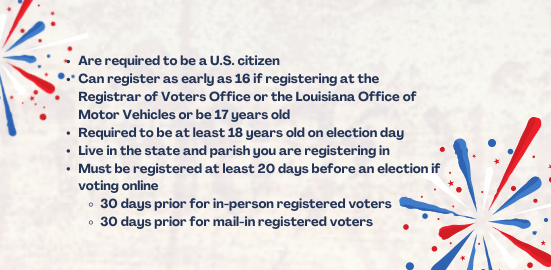
One of the quickest ways to register is online. By filling out some general identifying information and with an audit code on a Louisiana driver’s license or Louisiana special ID card you can register to vote in 5 minutes. You can also vote in person and through the mail. Note that if you move, you must register in your new parish/county of residence.
For further information on online, in-person, and mail voter registration, visit: https://www.sos.la.gov/ElectionsAndVoting/RegisterToVote/Pages/default.aspx
To register online: https://voterportal.sos.la.gov/VoterRegistration
How to Vote?
- Find your nearest polling place.
Polls are held at a variety of locations, including schools, town halls, courthouses, etc. Find your nearest polling place at: https://voterportal.sos.la.gov/Home/ParishLogin.
- Ensure you bring your correct identification.
In Louisiana, you must have identification when you sign in to vote. This includes a Louisiana special ID and driver’s license. If you do not have an identification card with a picture and signature, you can sign in with a voter affidavit with your social security number and signature.
- Absentee voting
If you cannot vote on early voting or Election Day, you can request to vote absentee by mail. To learn about the requirements for voting absentee and how to request an absentee ballot, visit: https://www.sos.la.gov/ElectionsAndVoting/Vote/VoteByMail/Pages/default.aspx.
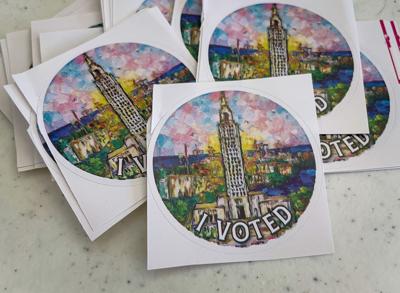
Our vote can make a meaningful impact in our daily lives and it is essential that rather than remaining indifferent and letting the government act without our input, we advocate for ourselves and exercise our right to vote.
For further information about elections, voting, and local politics:
https://www.sos.la.gov/ElectionsAndVoting/GetElectionInformation/Pages/default.aspx





